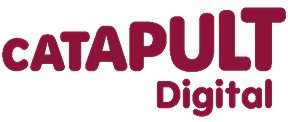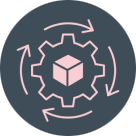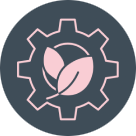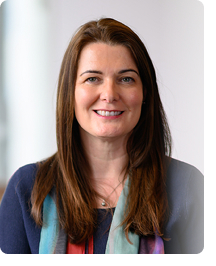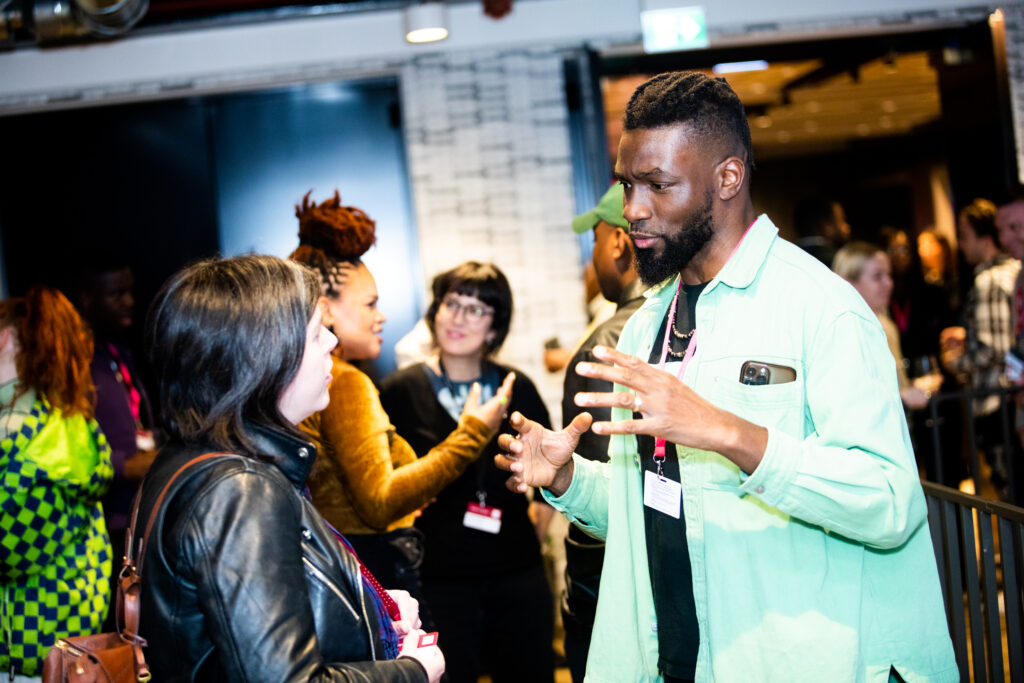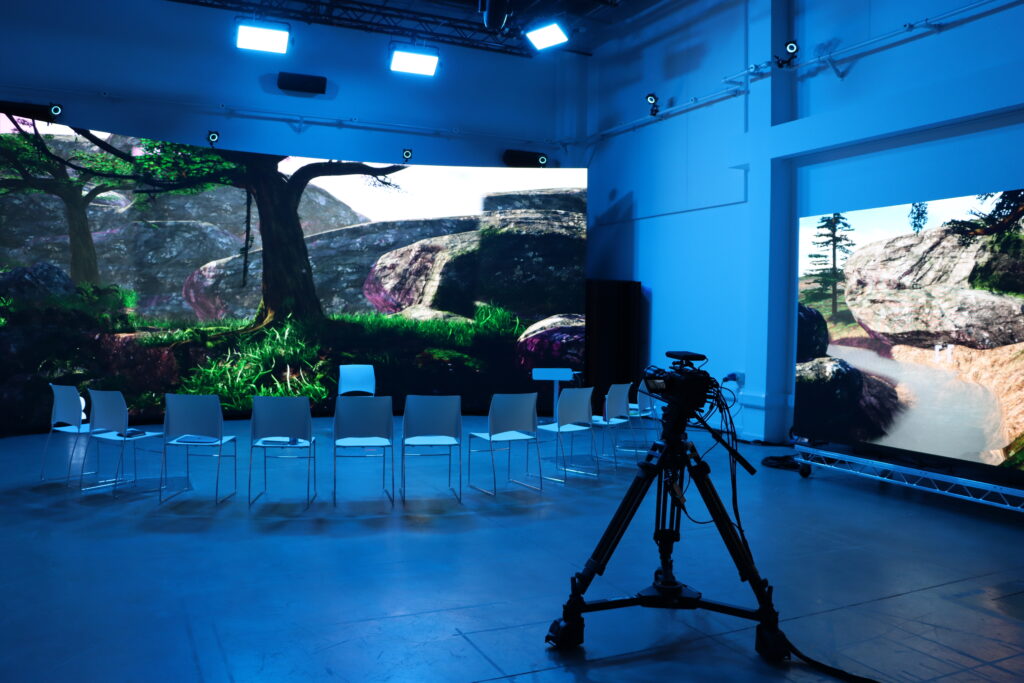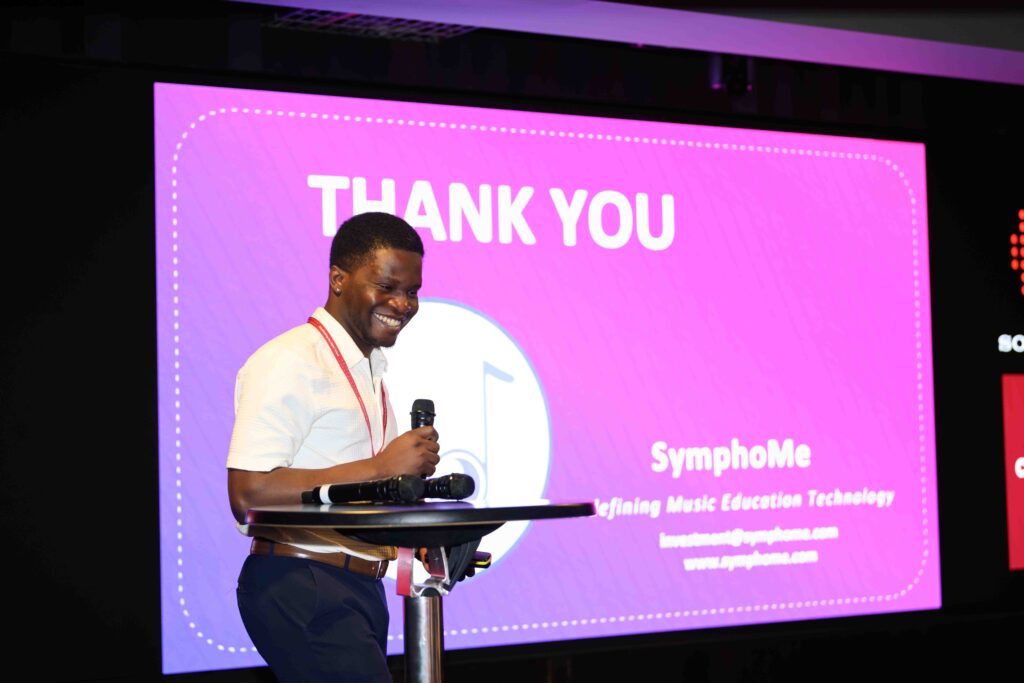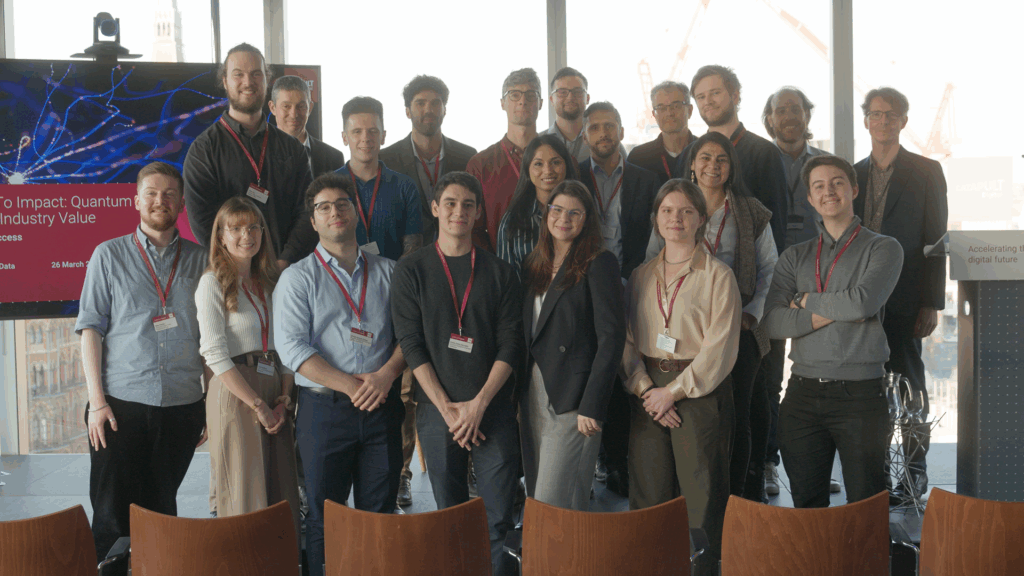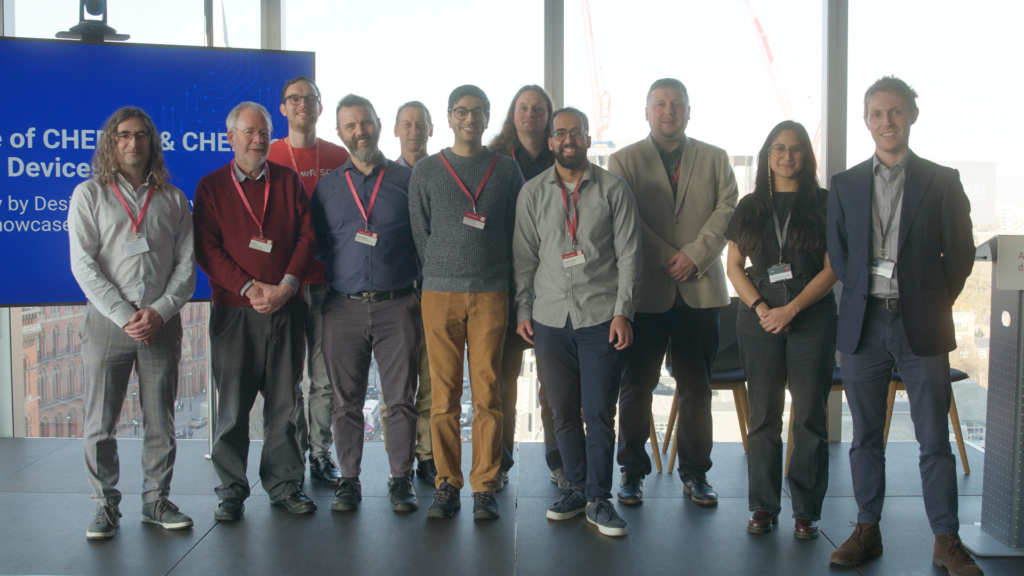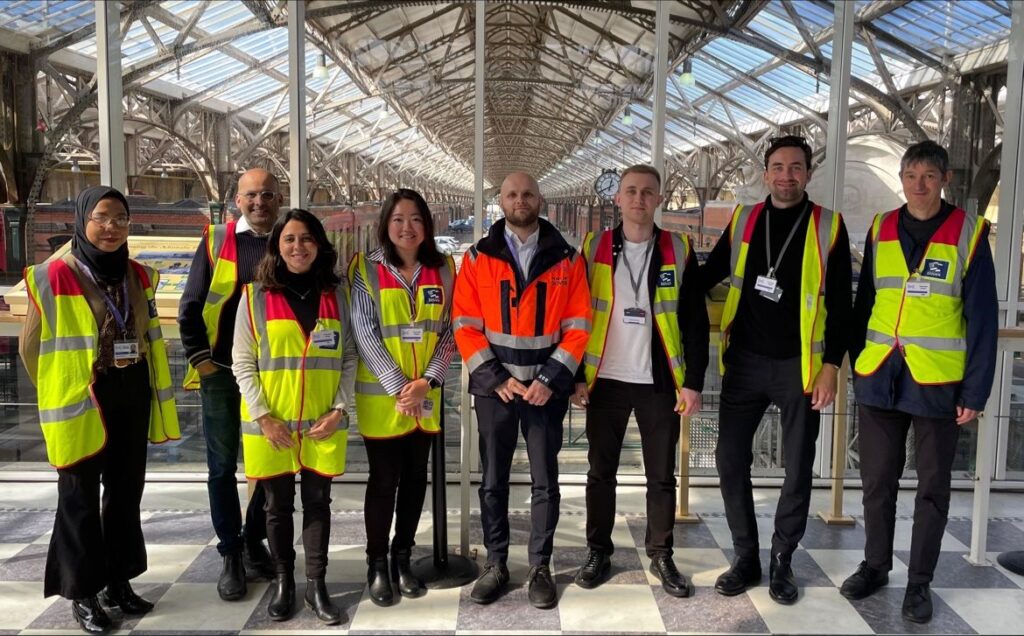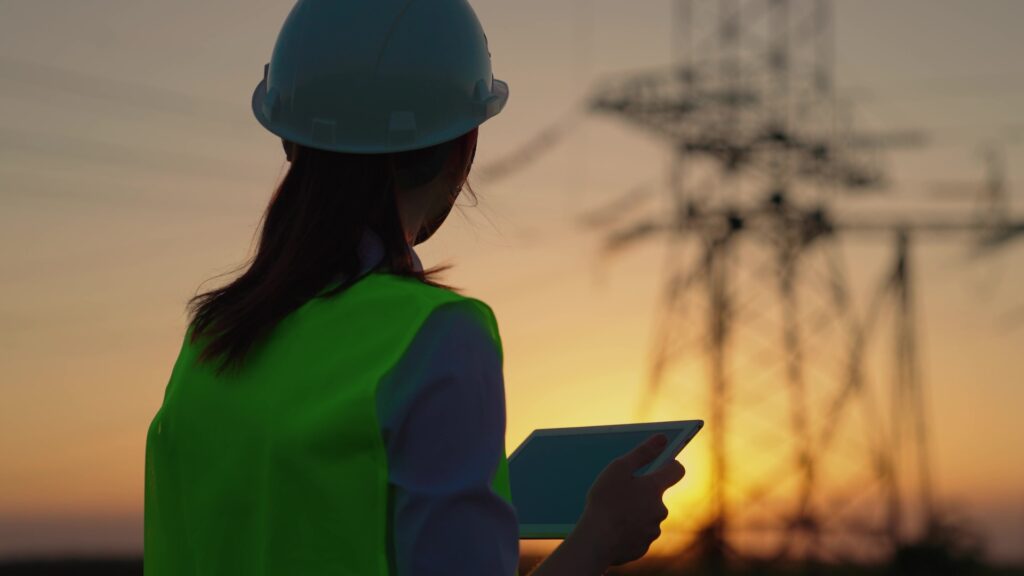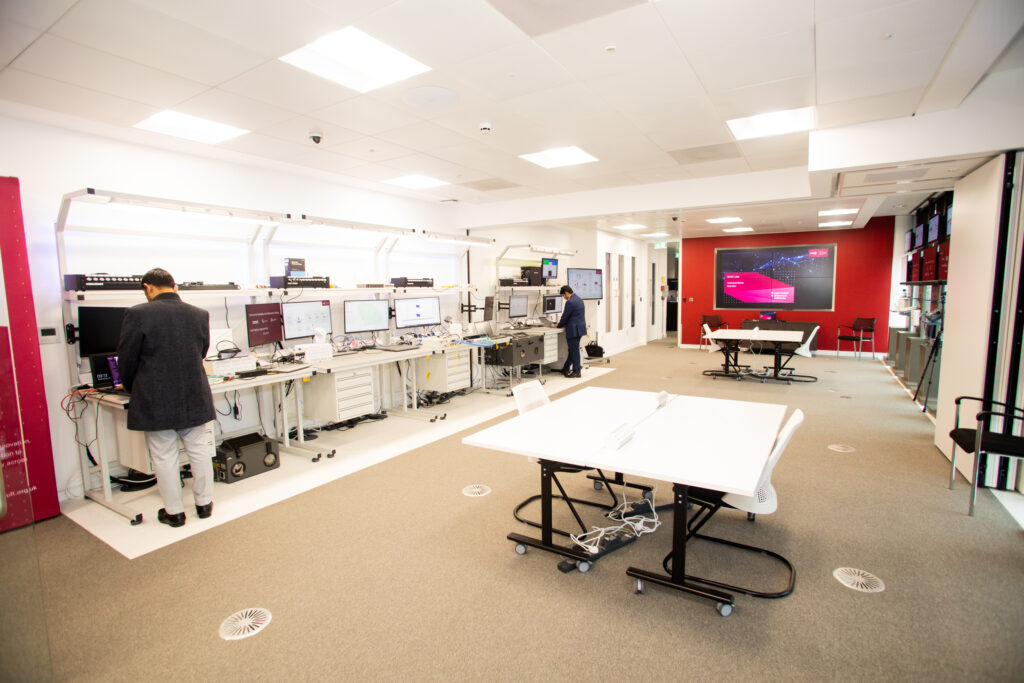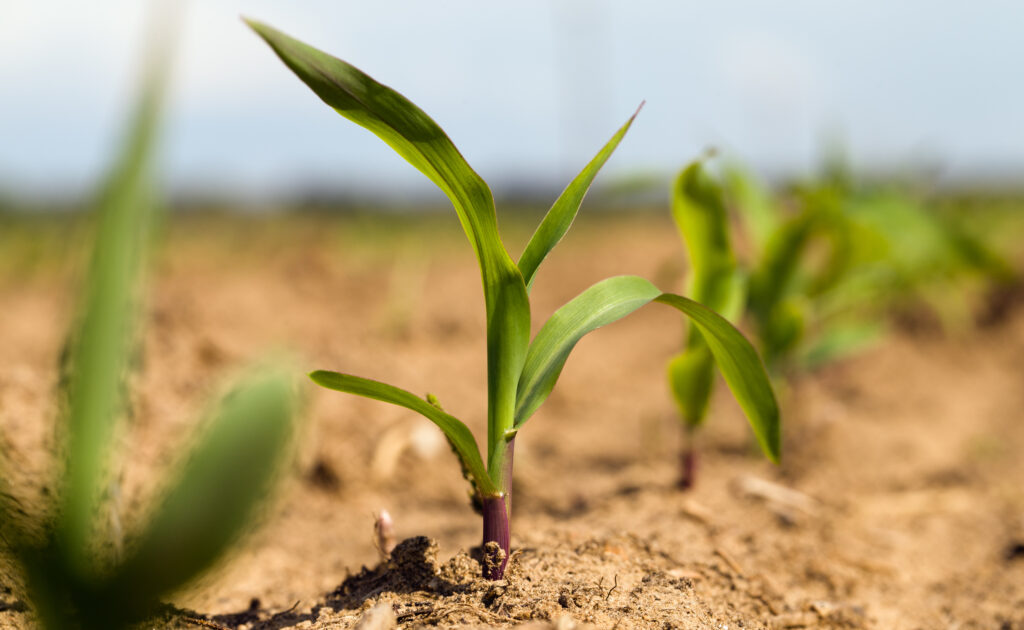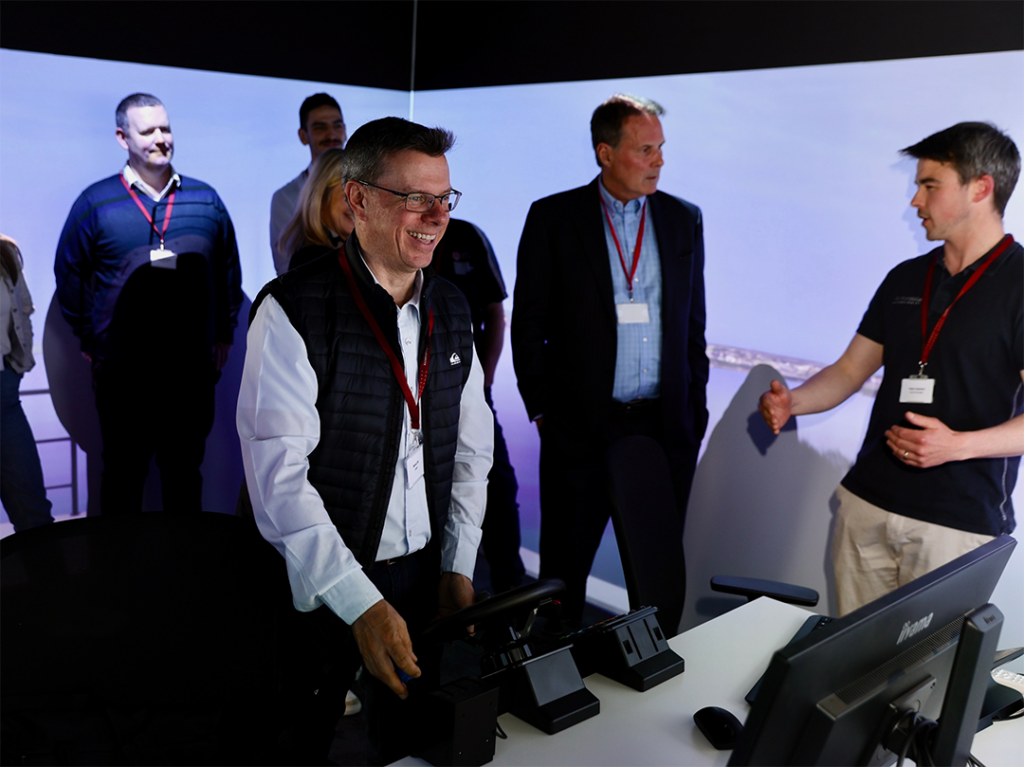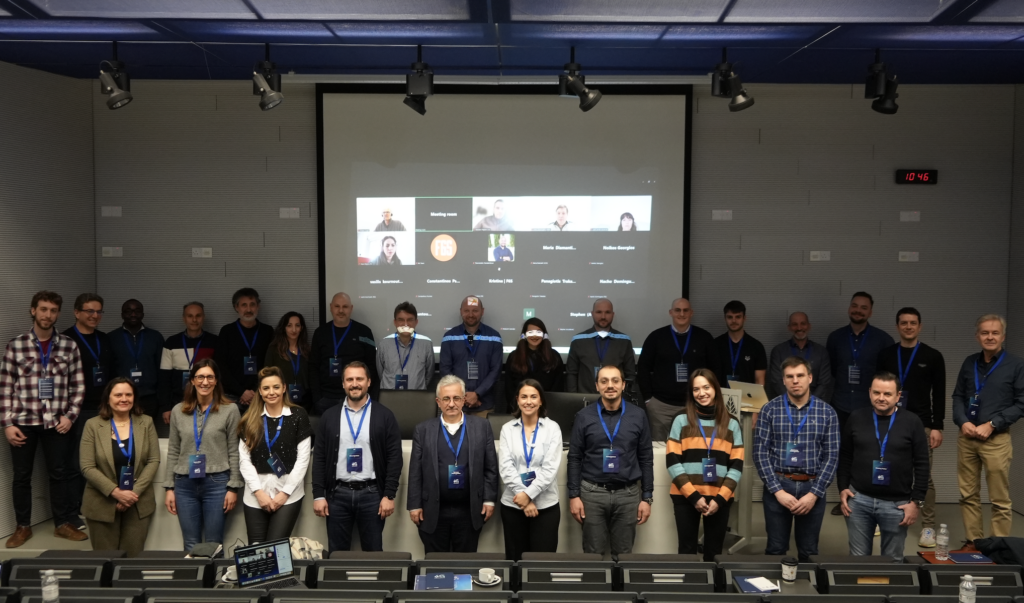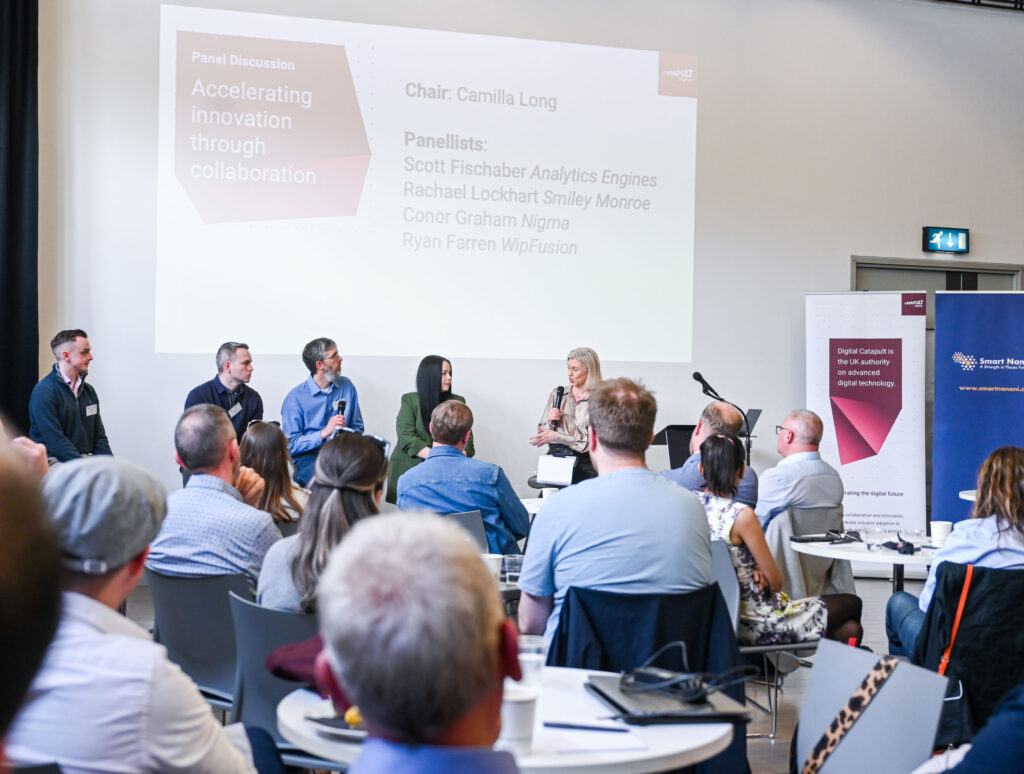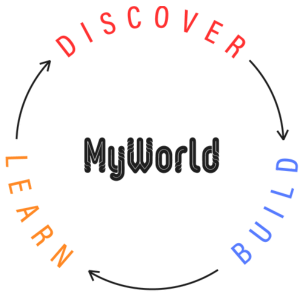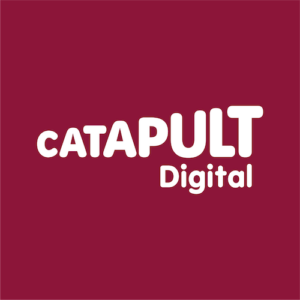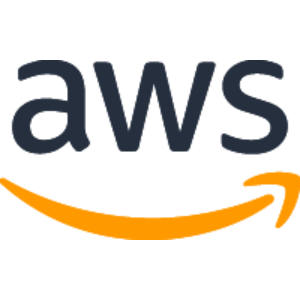The BBC is a renowned institution in the realm of broadcasting and media, known for its commitment to delivering high-quality content to a diverse global audience with a rich history in audio production. The BBC’s dedication to pushing the boundaries of technology and enhancing the audio experience for its broad and varied audience has led to the focus of this challenge exploring the potential of AI solutions in addressing the complex challenges of ensuring a consistent audio experience across diverse devices and environments.
The challenge of consistency involves variables like room dimensions, loudspeaker placement, background noise, and individual hearing abilities. The shift to headphone-centric or acoustically treated studio mixing further complicates achieving an ideal audience reception. Existing solutions replicate headphone and loudspeaker responses, but a comprehensive approach or product integrating device loudspeakers, room acoustics, background noise, and listener characteristics is lacking and a multitude of variables in such a simulation makes manual creation impractical.
We are seeking solutions which seek to empower listeners and audio engineers to effortlessly craft diverse listening experiences, testing mixes across scenarios for improved listener quality, allowing audio engineers and producers to experiment and innovate.
The projects could explore some of the following questions, although this list is illustrative and not exhaustive:
- How can we use AI technologies to overcome the many challenges in ensuring a consistent and optimal audio experience for diverse listeners across various devices and environments?
- What AI solutions could be created for capture, recreation or output of audio mixed and produced in one setting, but played back/consumed in another?
Project proposals could explore areas including but not limited to large language models, acoustic models, impulse response libraries or sound scape generation, for example.
Challenge Benefits
As an Industry Partner, the BBC are providing the following benefits to the successful projects to this challenge:
- Discussions with BBC R&D Researchers with experience in accessible audio
- Access to audio assets (subject to clearance) for various kind of content
- Possible co-dissemination support of outputs
